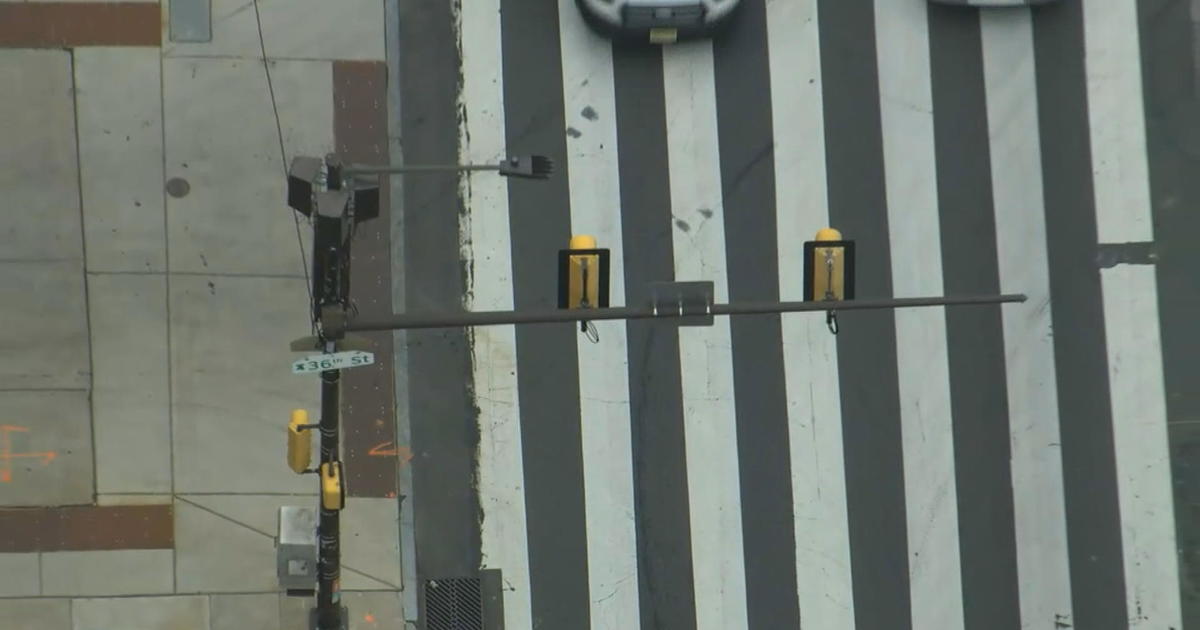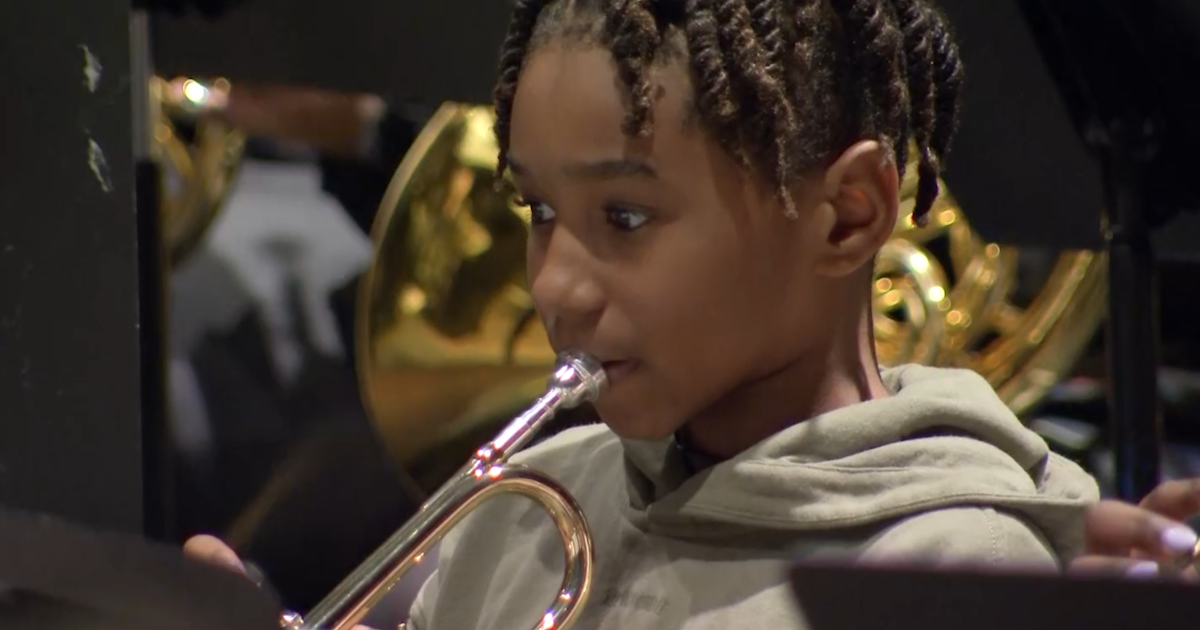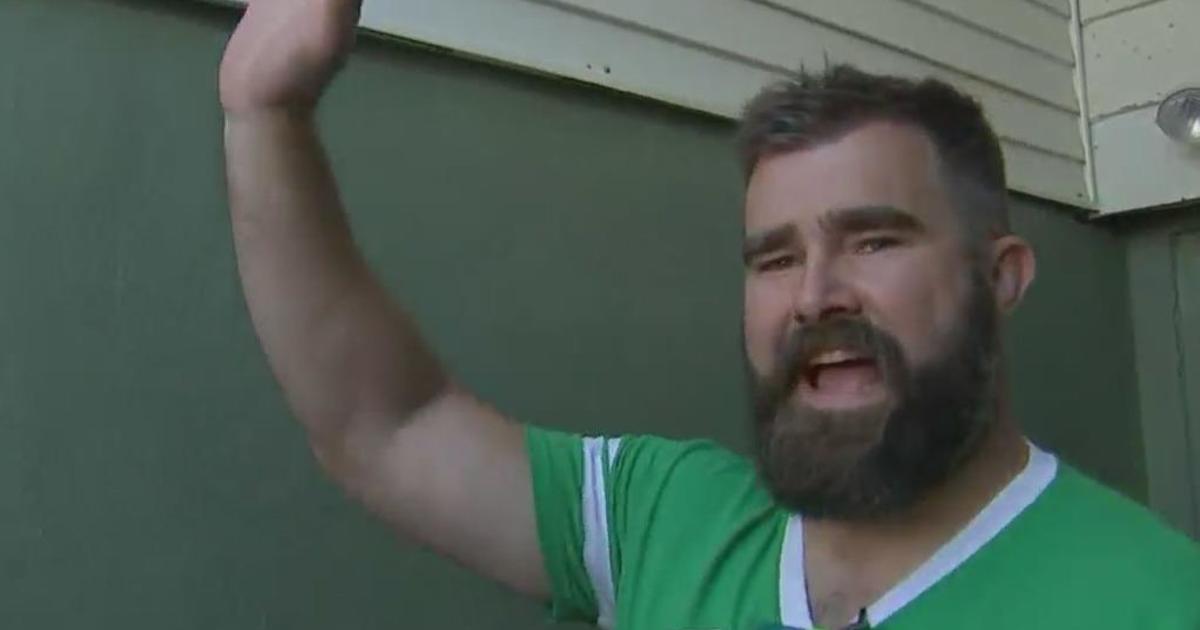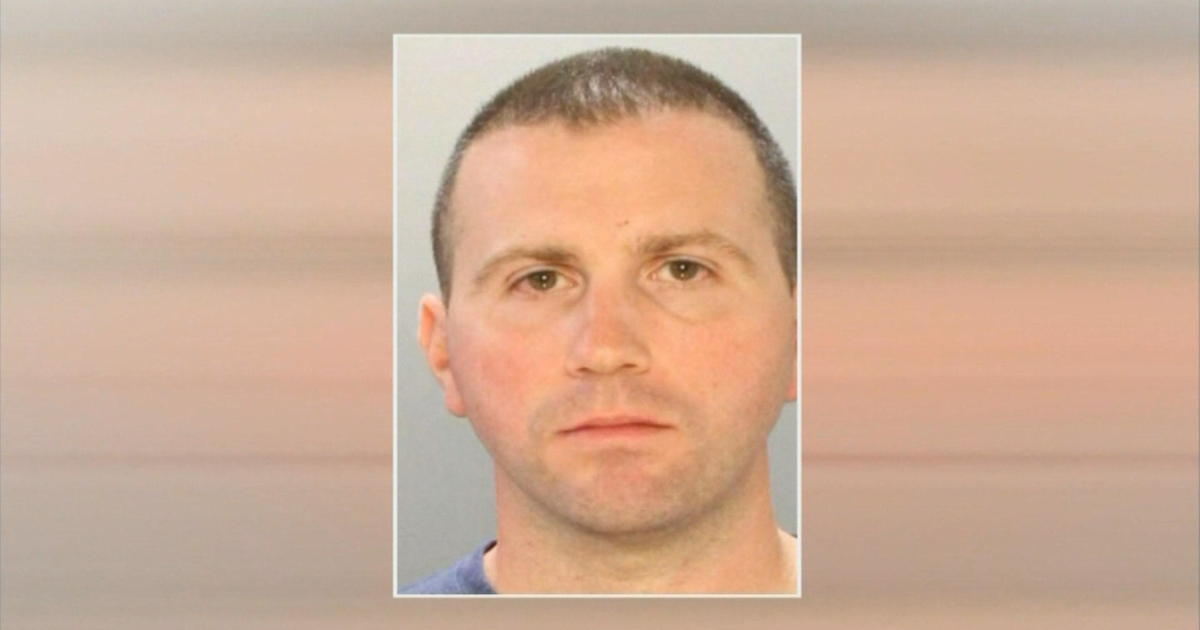Local Scientists Examine 'New Driver' Mistakes
By Jenn Bernstein
PHILADELPHIA (CBS) -- They can be deadly distractions -- smart phones, GPS, a car full of friends.
Add to that inexperience, and you've got the potential for a teen car crash.
Sixteen-year-old Evan Sing is trying to prevent mistakes, by learning to drive the right way.
When asked what the most challenging part about learning is, he said "It was more the mentality, the actual physical driving part is the easier part, but knowing when to anticipate stuff and knowing what's going on around is the hard part."
That's where instructor Jerry Murphy comes in.
For 15 years, he's worked with new drivers. There's no doubt, he's seen all the mistakes.
"Sixteen thousand cars crash every day in the United States. If we can come up with methods or techniques that can help kind of reduce that number, that's a really good thing," said Murphy.
At the Center for Injury Research and Prevention at CHOP, scientists are taking a closer look at these "new driver" mistakes.
"What we're finding with teen driving is, what's happening in the most serious crashes are some very key errors," said the Center's Co-Scientific Director, Doctor Flaura Wilston, "They're not scanning, they're going too fast for road conditions and they're distracted."
In fact, a recent CHOP study found 75 percent of serious teen crashes were due to a critical teen driver error.
Scientists at the center are using a driving simulator to help identify the cause of teen crashes. It mimics what a driver would see through a windshield and can be set to different scenarios, including challenging weather events, or situations with careless drivers.
The equipment scans a driver's eyes and analyzes movement.
"When new drivers are in cars they look straight ahead of them, they don't look to the side or far ahead and the far ahead is necessary to determine, for example, if a road is curving to the left so that you can slow down," said Dr. Winston, "I think a lot of families confuse passing the license test with meaning that you're experienced and the teen is ready to go out on their own. But it's not true."
Instructor Jerry Murphy, who is helping analyze the simulator research, hopes it will prevent future teen crashes.
"It's like un-turning these stones every day to try to find solutions and things that could help keep these young drivers stay alive," said Murphy.
For more information on the Center for Injury Research and Prevention's findings, you can click on this link:



